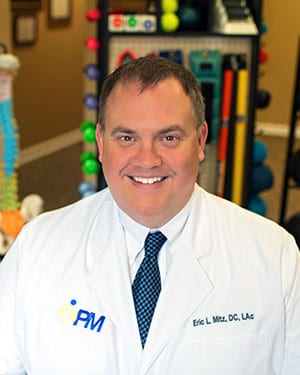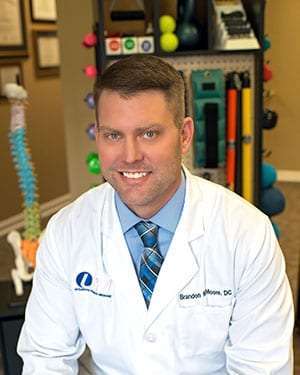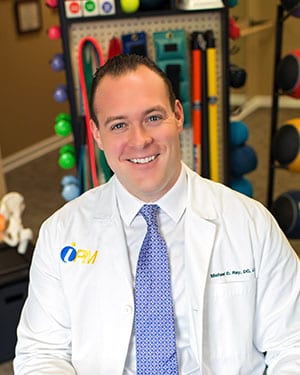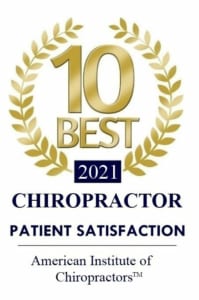How Do You Know If You Have A Herniated Disc?
To find out if you have a herniated, or even a ruptured disc, you first have to know what the condition is and how it occurs.
A disc in your back is like a cushion between your vertebrae or spinal bones that let your back bend in your everyday movements. From reaching for the remote to the TV, or lifting a heavy box, these cushions are critical to your everyday movement. Your discs are like sacks of water with thick walls called the annulus fibrosus, which keep the liquid inside. The flexibility of this cushion is what lets them act so much like a cushion.
Herniated discs go by a lot of different names. Here are a few of them:
- Herniated disc
- Pinched nerve
- Bulging disc
- Torn disc
- Ruptured disc
- Slipped disc
- Collapsed disc
- Disc protrusion
- Herniated disc
- Pinched nerve
- Bulging disc
- Torn disc
- Ruptured disc
- Slipped disc
- Collapsed disc
- Disc protrusion
- Herniated disc
- Pinched nerve
- Bulging disc
- Torn disc
- Ruptured disc
- Slipped disc
- Collapsed disc
- Disc protrusion
When the walls of this cushion break or herniate (hence the term herniated disc), the thick interior liquid-like substance inside spills out and presses on the nerves around it. Depending on what part of the back has been affected, the pressure on the surrounding nerves causes a variety of different issues. Symptoms of a herniated disc can be anything from muscle weakness to intense back pain.
Locations of Herniated Discs
Ninety percent of herniated discs are located in the lumbar spine or lower back. This kind of injury commonly causes sciatica. However, herniated discs can happen in your middle back or thoracic spine, or in your upper back and neck, known as your cervical spine. Different locations of herniated discs can have very different symptoms.
Some symptoms of herniated discs in different areas include, but are not limited to:
Lower back – lumbar spine
- Leg pain
- Foot pain
- Ankle pain
- Numbness in the legs
- Pain to the touch
Middle back – thoracic spine
- Radiating pain in the back
- Bladder control issues
Upper back – cervical spine
- Radiating pain down the arms or in the chest
- Can cause gripping weakness
- Weakness in the triceps
- Weakness in the biceps
Important Note: 90% of herniated discs are in the lower back or lumbar spine and often cause sciatica!
How is a Herniated Disc Diagnosed?
A herniated disc needs to be clinically diagnosed by a medical professional through physical examination. During an examination for a herniated disc, your medical professional will check some of the following items:
Your reflexes can be impacted from a herniated disc!
Little or no reflexes in your arms or legs can show that nerve function in that area has been diminished and may be due to a herniated disc.
Muscle strength can deteriorate from nerve impulse disruption
Your nerves take messages from your brain into your muscles, telling them when and where to move. If nerve messages are being interrupted because the nerve has been pinched, then your muscles won’t move and will seem either weak or will start to deteriorate.
Herniated discs can cause pain in certain areas to touch or movement
Since most herniated discs are in the lower back, common areas of pain from a herniated disc are:
- Pain over the sacroiliac joint (the bottom of the spine), which can be felt through a little pressure.
- Pain from straightening the leg
- Pain with pressure on the lower back
Important Note: It may also be necessary to get a MRI or CT to properly diagnose a herniated disc in some situations.
Herniated Disc Treatment & Recovery
Fortunately, you don’t have to live in pain, although a herniated disc is going to take at least 6 weeks to recover from. A herniated disc treatment plan can cut your time and improve healing. Herniated discs often heal themselves after some time, and are assisted by a number of treatments that need to be dictated by your medical provider.
Some herniated disc treatments to aid in recovery include:
- Chiropractic Adjustment
- Physical therapy
- Guided Exercise
- Gentle stretching
- Ice
- Heat
Common Misconceptions About Chiropractic Care for Herniated Discs
- Chiropractors NEVER “pop discs back in place”. Due to the nature of the injury, this is impossible. The popping sound you may hear comes from the release of gas under pressure inside a joint. It’s like opening a can of Pepsi or Coke!
- Another misconception is that chiropractitioners can fix your disc in a few treatments. A herniated or ruptured disc is a piece of broken tissue in your spine. This is a serious injury and your body must heal from this. Treatment plans may position your body more correctly to allow for healing, allow for better blood flow, or just reduce pain, but your body still has to heal.


